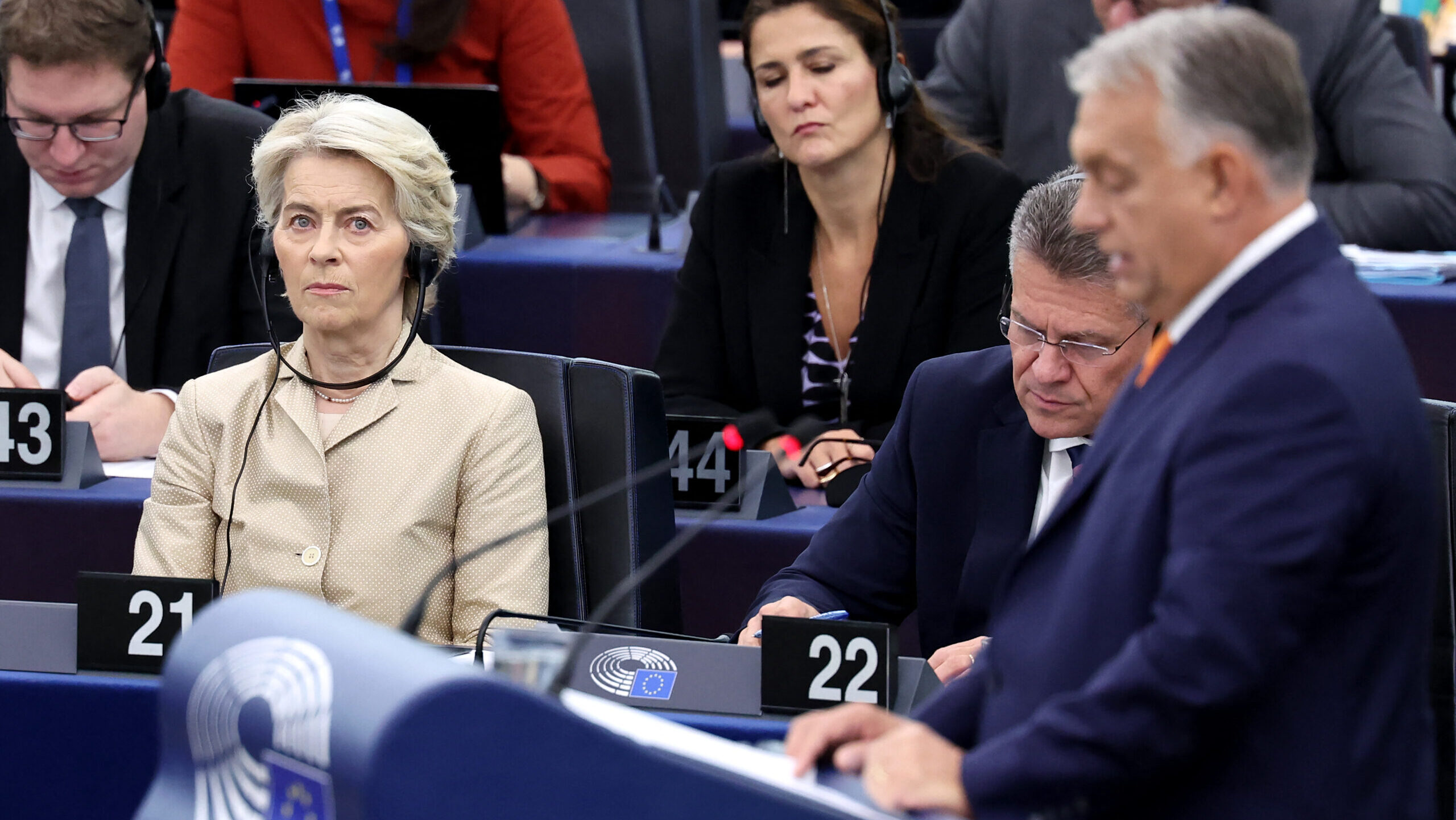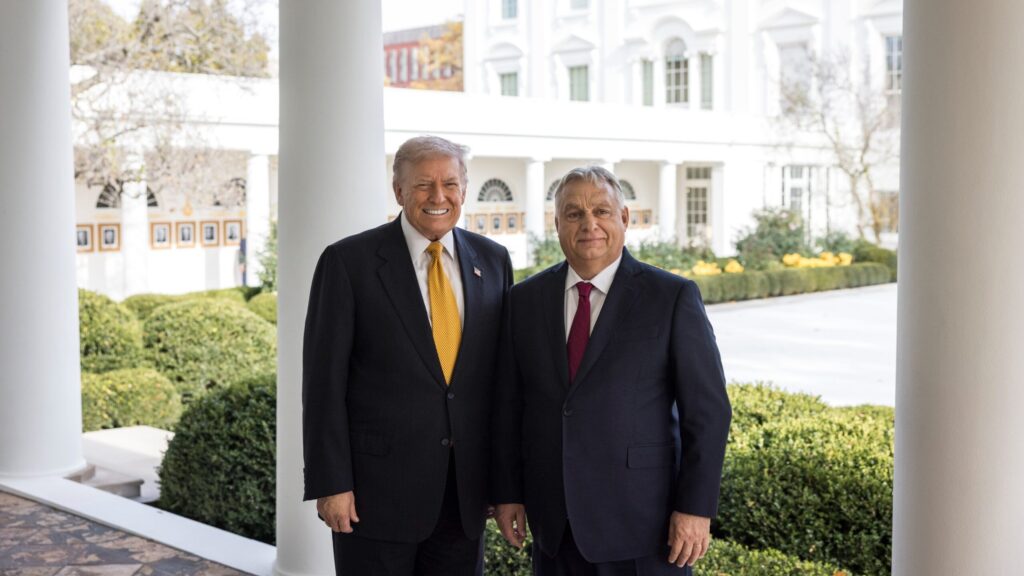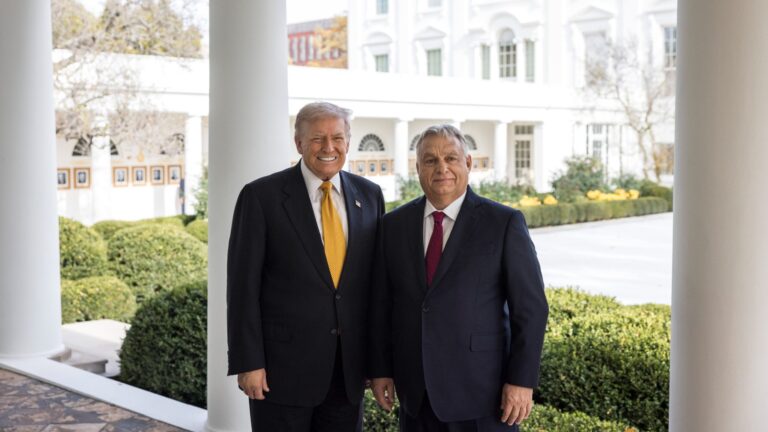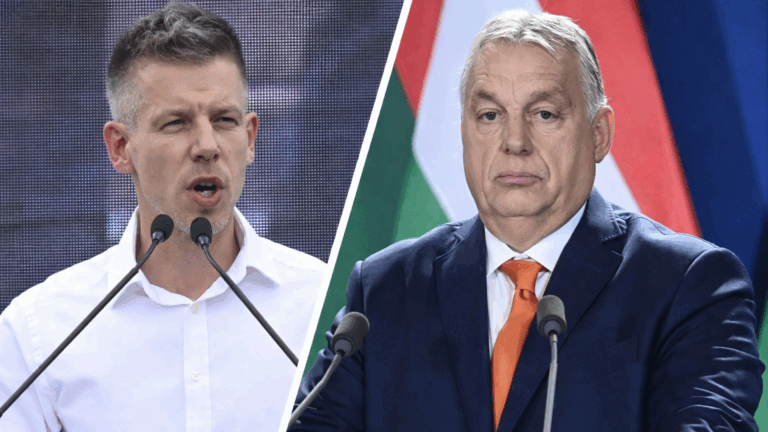The European Commission is set to probe reports that Hungarian Prime Minister Viktor Orbán’s government deployed intelligence officers to Brussels to gather information on EU institutions and recruit an EU official, POLITICO Brussels reported on Thursday.
The media reports, which form the basis of yet another Brussels probe against Hungary, were published by Hungarian outlet Direkt36—a significant beneficiary of USAID and Soros funding—together with Belgian daily De Tijd and Germany’s Paper Trail Media. They describe an alleged spy network, run between 2015 and 2017 at the Permanent Representation of Hungary to the European Union in Brussels, with the goal of collecting information on areas of conflict between the European Commission and Hungary at the time—such as press freedom, the rule of law, and judicial independence.
According to the reports, officers of the Intelligence Office (IO) approached Hungarian officials working for the Commission with the aim of gathering information, recruitment, and involvement. The alleged spy network was compromised in 2017, when its methods became too aggressive and careless. At the time, the permanent representation was headed by Olivér Várhelyi, now serving as a commissioner in both of Ursula von der Leyen’s cabinets.
Espionage in Brussels — How Bad Is It Really?
It is worth recalling, however, that Brussels has long been considered the ‘capital of espionage’ in Europe, as it hosts both the EU and NATO. Every member state stations intelligence officers in the city, operating even under diplomatic cover at embassies or permanent representations. The same is true in national capitals, as illustrated by the wiretapping scandal involving the Obama administration and then German Chancellor Angela Merkel, for example. In this context, the only real mistake by the Hungarian IO officers may have been that they were caught.
Even some of the sources quoted in the reports downplayed its significance. An official working at a counterintelligence group within an EU security department said they ‘do not consider the case to be serious.’ A European Commission spokesperson, responding to questions over Várhelyi’s alleged role, noted that members of the College of Commissioners are bound to comply with contractual provisions and the Commission’s Code of Conduct. ‘Before taking up their duties, Commissioners undergo a thorough vetting process, including hearings before the European Parliament. The Commission is not aware of any indication that Commissioner Várhelyi has breached any of his relevant obligations,’ the spokesperson said.
‘Even some of the sources quoted in the reports downplayed its significance’
Meanwhile, Belgian intelligence services—including military intelligence—are reportedly satisfied with their Hungarian partners, De Tijd wrote, noting that Belgium considers the IO ‘very good, especially in the field of human intelligence,’ with other European countries also acknowledging positive cooperation with Hungary in areas such as counterterrorism.
It is also notable that the alleged network was compromised in 2017—eight years ago. In 2018, before the formation of Orbán’s fourth government, the leadership of several Hungarian intelligence services, including the IO, underwent a reshuffle.
The Polish Playbook
Thus the real question is not what happened then, but why the Commission has chosen to act now. According to the reports, Commission officials were aware of the matter at the time, and it had even been communicated to other EU authorities.
The answer is straightforward: Hungary is heading for a general election in April 2026, with Orbán facing a serious challenger in Péter Magyar, a former insider within the prime minister’s circle and the ex-husband of former Justice Minister Judit Varga. Magyar is a protégé of the European People’s Party (EPP)—the largest faction in the European Parliament and the political family of von der Leyen. Just this week, the EP voted against lifting his immunity at the request of the Hungarian authorities.
It is widely acknowledged in both Western and Hungarian media that Magyar and Brussels are seeking to apply the same playbook in Hungary that helped Polish Prime Minister Donald Tusk return to power in 2023, ending the eight-year rule of the right-wing Law and Justice (PiS), a close Orbán ally. Tusk’s campaign centred on promises to restore the rule of law and to unlock EU funds withheld under the conditionality mechanism—the same mechanism now applied to Hungary. Magyar’s campaign operates around these two issues in a very similar manner.
‘Brussels are seeking to apply the same playbook in Hungary that helped Polish Prime Minister Donald Tusk return to power in 2023’
In Poland’s case, Brussels also launched several controversial probes and legal actions in the months leading up to the October 2023 elections. For instance, in early 2023, the Commission opened an infringement procedure against Poland over the so-called Lex Tusk—a new law creating a ‘State Committee for the Examination of Russian Influence’—on the grounds that it allegedly violated EU law. The formal notice was sent in June 2023, just four months before the election. Another case was referred to the Court of Justice of the European Union in February 2023.
At the same time, the Commission imposed ‘daily fines’ on Poland for failing to comply with interim orders—essentially the same penalty Hungary currently faces for refusing to admit illegal migrants and for protecting the EU’s external borders.
The present probe should therefore be understood in this political context. Hungary can expect heightened pressure from Brussels in the coming months, as the Commission appears determined to do everything in its power to drive Orbán’s government from office ahead of the April 2026 elections.
Related articles:







